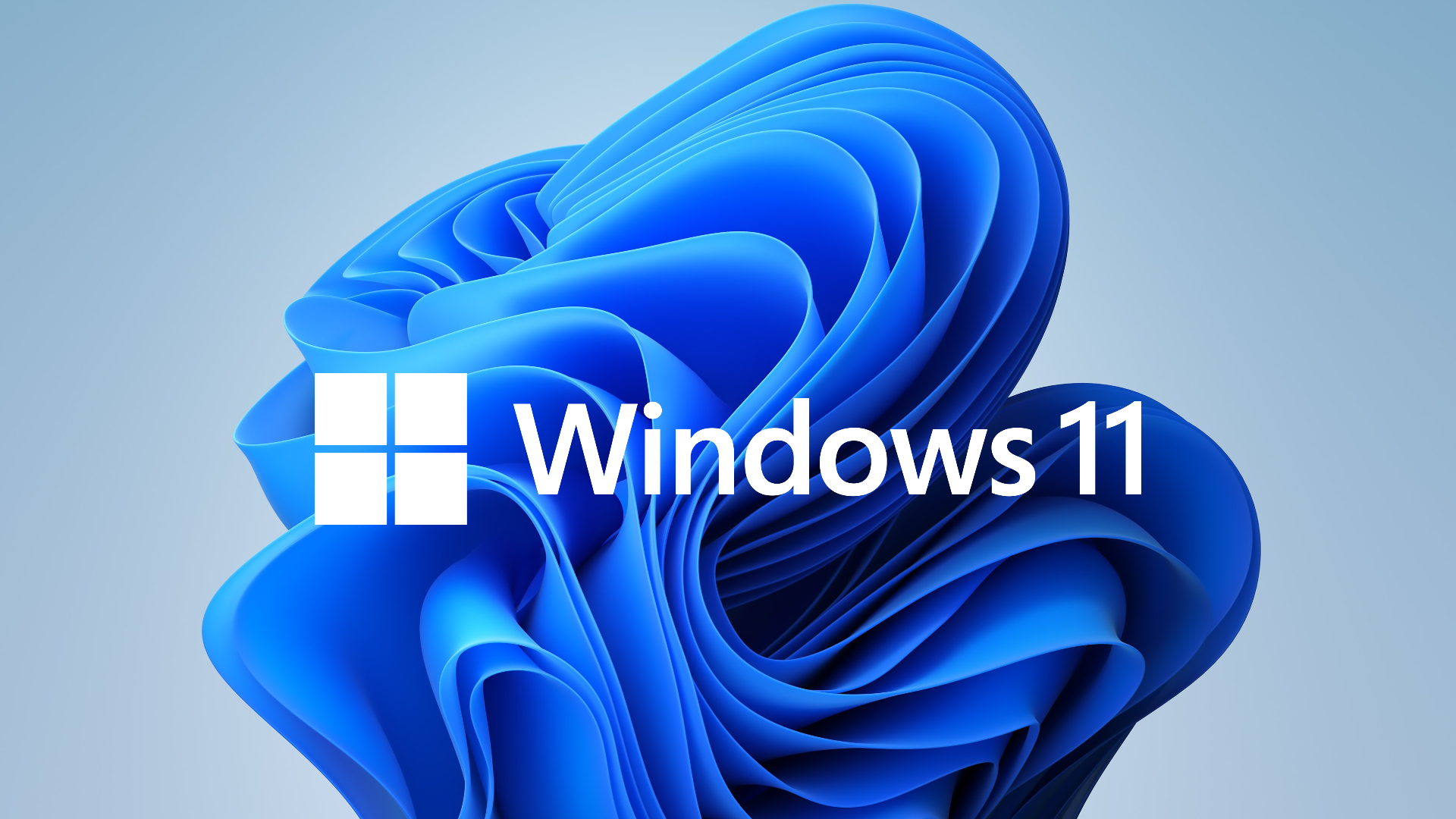Microsoft is pushing some Windows 11 users back to Windows 10
No sneaking your way into using the OS

Now that Microsoft has announced the Windows 11 operating system will officially launch on October 5 this year, we were hoping that the lofty system requirements to run it would be adjusted.
Unfortunately, it seems that Microsoft is actually doubling down. Members of the Windows Insider Program (Microsoft's open software testing beta) running Windows 11 on hardware, which doesn't meet the minimum requirements, are now receiving a message asking that they uninstall the new OS and return to using Windows 10.
The message was published to Twitter by @BetaWiki, and reads "Your PC does not meet the minimum hardware requirements for Windows 11. Your device is not eligible to join the Windows Insider Program on Windows 11. Please install Windows 10 to participate in the Windows Insider Program in the Release Preview Channel."
We have reached out to Microsoft for comment.
- Can't wait for October 5? Here's how to download and install Windows 11 right now
- We show you how to uninstall a Windows 10 update
- And here's how to speed up Windows 10
No Windows 11 for you
Microsoft has now dropped ineligible systems from the Insider program and tells them to install Windows 10. pic.twitter.com/zfALanmcuqAugust 31, 2021
Microsoft will soon launch its free Health Check app that will help you determine if your PC or laptop is Windows 11 ready. Unless you're rocking some fairly new hardware, though, chances are you'll need to stick to Windows 10 until you eventually need to buy a new device.
The minimum system requirements for Windows 11 are listed below.
- 64-bit processor
- 4GB of RAM
- 64GB drive
- 1Ghz clock speed
- UEFI, Secure Boot capable
- TPM 2.0
- A display larger than 9-inches with HD Resolution (1366x768)
- DirectX 12 compatible graphics / WDDM 2.x
- Internet connection for Windows 11 Home
There's no mention of being forcefully booted from the beta, but it's likely that you won't receive any further updates to the OS if you choose to ignore the request to downgrade. The Insider Program was being used as a workaround for users with older or ineligible hardware to gain access to Windows 11, so unless the minimum system requirements change, your 'free' upgrade to the new OS will require you to either upgrade your PC or buy an entirely new device.
Get daily insight, inspiration and deals in your inbox
Sign up for breaking news, reviews, opinion, top tech deals, and more.
Analysis: Is Microsoft taking things too far?
There are plenty of reasons to be excited about jumping over to Windows 11, from its Teams integration and native support for Android apps, over to an improved experience using Xbox Game Pass. This is, of course, only going to salt the wounds for many people who are ineligible to run the new OS, so what is Microsoft gaining by excluding such a large percentage of its current Windows userbase?
There are a few assumptions we can make, with the most obvious being that Microsoft wants to motivate people to upgrade their systems and move away from older hardware. Staying on top of newer hardware makes sense in theory, but in the real world, PCs and laptop devices are a very expensive purchase, and very few families or businesses can afford to replace their tech every 2-3 years.
And then there's the security argument. Microsft actually made an official post on the Windows Insider blog that explained its reasoning for having such high minimum system requirements, stating that "We need a minimum system requirement that enables us to adapt software and hardware to keep pace with people’s expectations, needs and harness the true value and power of the PC to deliver the best experiences, now and in the future".
In that post, the following principles were listed:
- Security. Windows 11 raises the bar for security by requiring hardware that can enable protections like Windows Hello, Device Encryption, virtualization-based security (VBS), hypervisor-protected code integrity (HVCI) and Secure Boot. The combination of these features has been shown to reduce malware by 60% on tested devices. To meet the principle, all Windows 11 supported CPUs have an embedded TPM, support secure boot, and support VBS and specific VBS capabilities.
- Reliability. Devices upgraded to Windows 11 will be in a supported and reliable state. By choosing CPUs that have adopted the new Windows Driver model and are supported by our OEM and silicon partners who are achieving a 99.8% crash free experience.
- Compatibility. Windows 11 is designed to be compatible with the apps you use. It has the fundamentals of >1GHz, 2-core processors, 4GB memory, and 64GB of storage, aligning with our minimum system requirements for Office and Microsoft Teams.
The reasons are sound, but regardless of how justified Microsoft is for prioritizing the security of Windows 11, that won't help the large percent of current Windows 10 users who don't meet the hardware requirements to make the upgrade. What's the point of offering a brilliant product if most of your current customers are unable to use it?
We reported last week that around 50% of current Windows 10 users are keen to move over Windows 11, so we should have a better idea of how many people are able to upgrade by the end of 2021.
- Check out the best Windows 10 VPN
Jess is a former TechRadar Computing writer, where she covered all aspects of Mac and PC hardware, including PC gaming and peripherals. She has been interviewed as an industry expert for the BBC, and while her educational background was in prosthetics and model-making, her true love is in tech and she has built numerous desktop computers over the last 10 years for gaming and content creation. Jess is now a journalist at The Verge.
